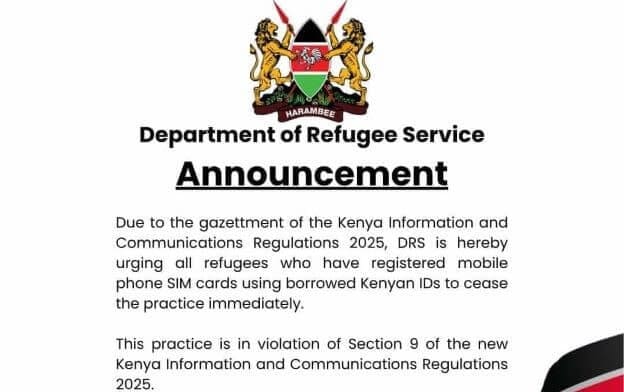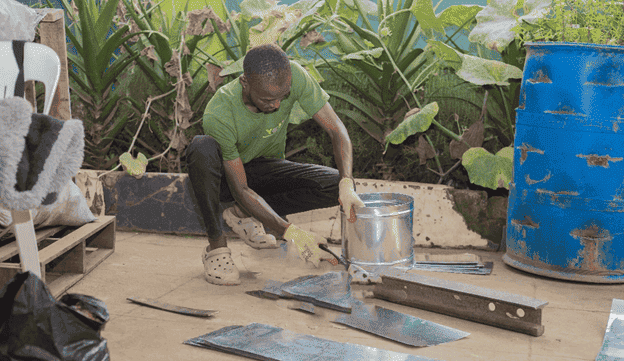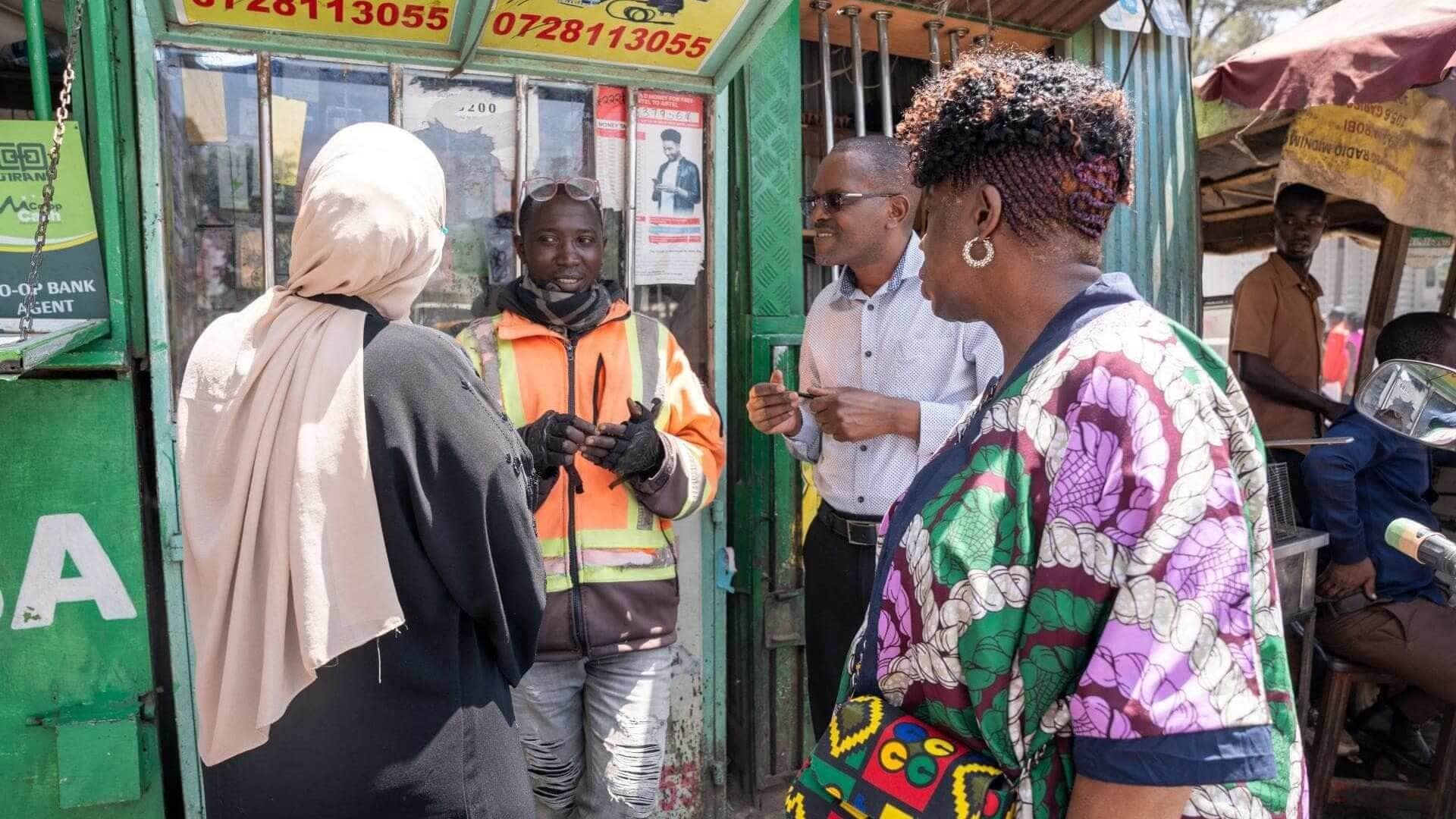GRF 2023 confirms cities as lifelines in transforming refugee integration
GRF 2023 confirms cities as lifelines in transforming refugee integration
GRF 2023 confirms cities as lifelines in transforming refugee integration
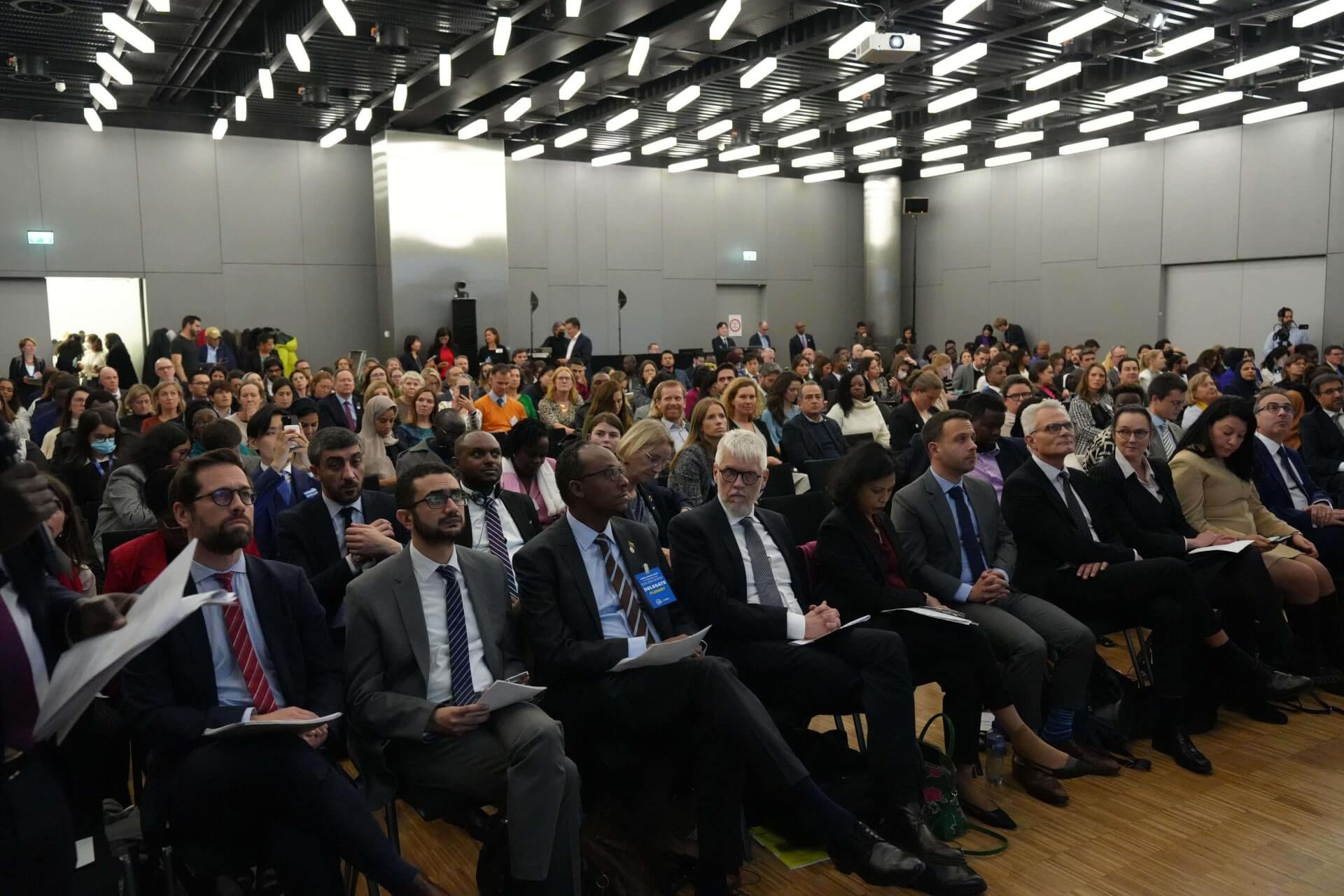
13th December 2023, Geneva, Switzerland. Delegates attend the Global Refugee Forum where discussions on evolving needs, challenges and experiences of refugees were addressed.(PHOTO: Refugee Self-Reliance Initiative/Abby Woodhouse)
In the week between 11th and 16th December 2023, Geneva was the hub for the Global Refugee Forum 2023(GRF), where a diverse array of stakeholders - international humanitarian organizations, governments, refugee representatives, and United Nations bodies - convened. Their discussions centered on the evolving needs, challenges, and experiences of refugees worldwide, painting a troubling picture unveiled by UN statistics. The number of refugees worldwide increased from 27.1 million in 2021 to 35.3 million at the end of 2022.
Aid agencies and over 300 refugee representatives highlighted dwindling donor support. The consensus among most stakeholders, including the UNHCR Commissioner General Filippo Grandi, was that confining refugees to camps is no longer sustainable. The resounding call was for refugees to be supported to settle within host communities, supported in accessing self-reliance to regain control of their lives.
Urban areas emerged as key hosts for refugees globally, with mayors from Africa, Asia, America, and Europe sharing their experiences in adapting to accommodate refugees and provide essential services. The Mayor of Koboko in Uganda Hon Sanya Wilson emphasized in one of the panel discussions that; “Refugees have become a resource in our city, contributing through taxes and aiding economic development,” appealing for greater inclusion of cities in refugee policy discussions and management.
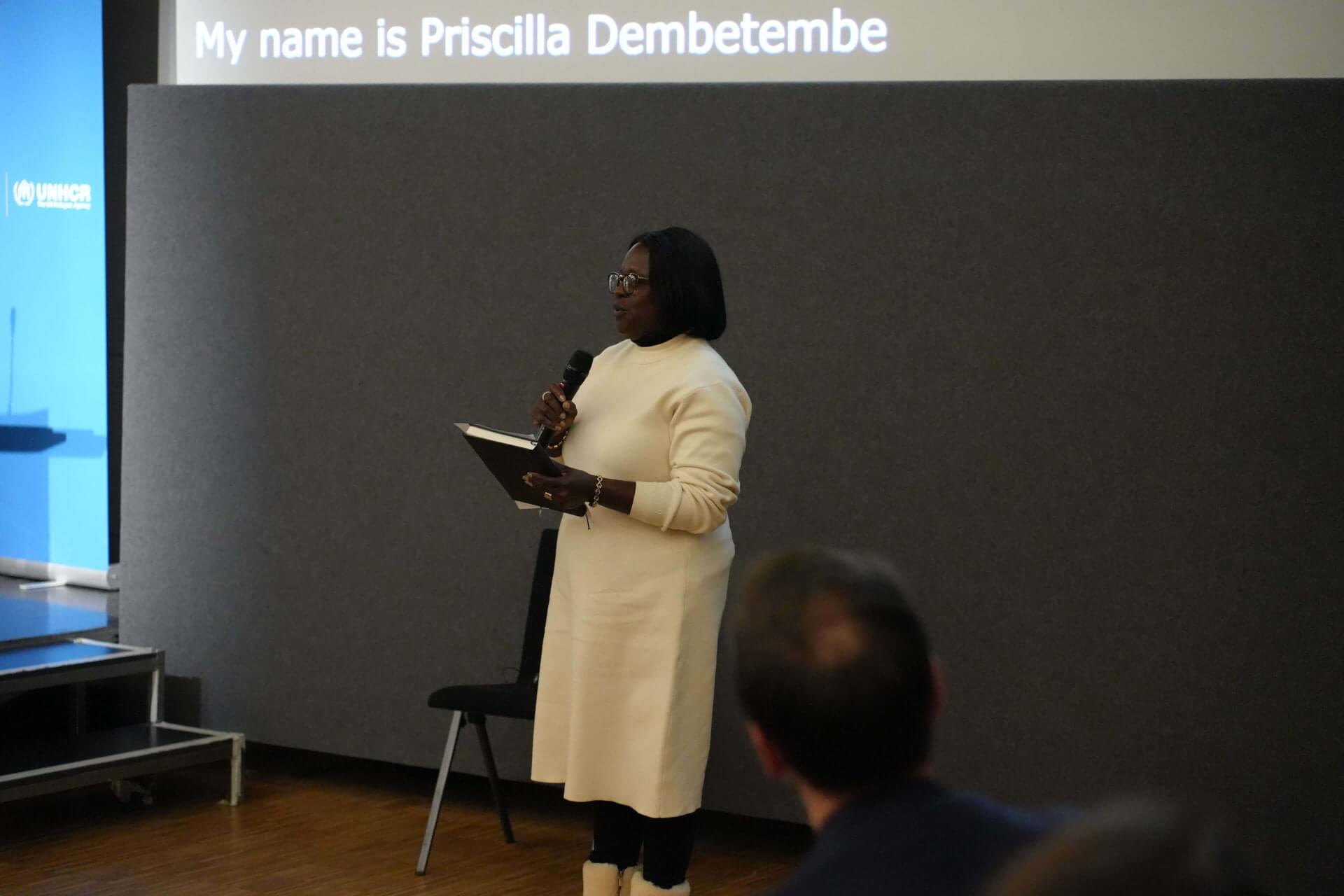
Priscilla Dembetembe, the Program Director for Re:BUiLD speaks at the Global Refugee Forum(GRF) in Geneva. (PHOTO: Refugee Self-Reliance Initiative/Abby Woodhouse)
The spotlight also fell on the East African refugee situation. Uganda, as a GRF co-convenor, in their statement highlighted compelling model of refugee integration, spanning from the settlement areas to Koboko municipality and Kampala City. Urban areas were rooted as the future avenues for refugees to achieve self-reliance. Discussion on Human Settlements and Kenya’s Shirika plan aimed to transform camps into municipalities, representing a groundbreaking shift in refugee management.
Kenya’s Principal Secretary for Citizen Services Ambassador Julius Bitok made a fervent appeal for donor support for the Shirika plan. The successful implementation of this plan is anticipated to necessitate over $1.5 billion in funding over the next four years. Ambassador Bitok emphasized the crucial role of donor support in realizing the ambitious goals of the Shirika plan. The UNHCR High Commissioner for Refugees lauded the Shirika plan as a transformative model that provides refugees with an opportunity to regain their dignity and break free from humanitarian dependency. The plan is designed to empower refugees and enable them to build sustainable lives.
Demonstrating their commitment, donors showed their support, with Denmark leading the way by pledging $70 million USD over the next three years to aid in the implementation of the Shirika plan. This contribution reflects the international community’s recognition of the plan’s significance in fostering positive change and supporting those in need.
Key takeaways from the Re:BUiLD experiences in Kampala and Nairobi, as well as discussions from the GRF, underscored several critical points:
- Full engagement of city authorities in refugee discussions is crucial as they offer significant opportunities for refugees to access entrepreneurship and achieve self-reliance. However, city leaders highlighted their insufficient involvement during the conference.
- Donors and development partners must increase their investment in urban refugee programs. While temporary interventions like direct food aid are important, they should pave the way for long-term integration into host communities and provide livelihood support for sustained self-sufficiency.
- Crafting policies that grant refugees essential documentation is vital to enable their access to self-reliance opportunities.
- Generating and sharing more insights from IRC’s Re:BUiLD urban programming is essential. These insights will play a pivotal role in informing global refugee management strategies, emphasizing a shift from encampment towards settlements in urban areas.
- Enhancing support for and amplifying refugee entrepreneurs is crucial in showcasing refugees' pursuit of self-reliance. This avenue demonstrates their capability and potential within host communities.
